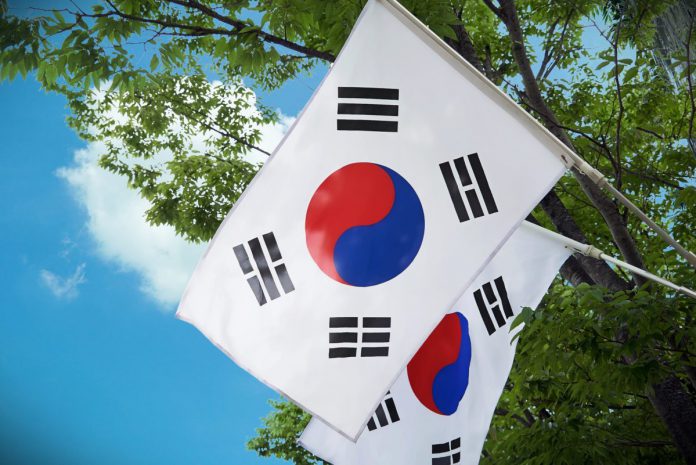South Korea’s Ministry of Trade, Industry and Energy (MOTIE) has issued a press release in response to an article that recently appeared in the Korean-language media – reportedly based on figures from Taiwan’s PV InfoLink website – stating that Chinese PV manufacturers have been significantly ramping up their share of the country’s solar market.
The ministry said the market share of South Korean manufacturers actually increased year on year in 2019, while Chinese companies’ share fell. According to its figures, modules produced in Korea accounted for about 72.0% of the domestic market in 2016, followed by 73.5% in 2017, 72.5% in 2018, and 78.7% last year. The share of Chinese PV module makers, by contrast, has fallen from 28.0% in 2016 to 21.3% in 2019, with percentages of 26.5% and 27.5% in 2017 and 2018, respectively.
“The report stating that Chinese companies dominate Korean PV market is not true,” the government said.
The article, which was published by Pulse News and one other news outlet, claimed that the share of Chinese manufacturers had grown from 14.5% to 22.4%, with imports jumping from 342 MW in 2018 to 700 MW last year. “Chinese companies are entering the Korean PV module market aggressively on stronger price competitiveness than their Korean counterparts by setting up local offices or recruiting distributors,” the news sites reported.
Domestic manufacturers are clearly dominating the South Korean market, but media reports claiming that Chinese companies are storming into the country could adversely affect the image of the Korean PV industry at home and abroad, MOTIE said. Clarity is needed on the anticipated introduction of rules that will prioritize low-carbon PV projects with high-efficiency modules.
“The certification system is not a way to prevent the overflow of Chinese modules,” MOTIE said.
The new guidelines, which were announced by the Korean government in March, may be designed along the lines of rules set out in France’s large-scale solar tenders, which prioritize projects with PV modules produced according to low-carbon manufacturing processes. However, South Korea has a large share of CO2-free nuclear power in its energy mix, just like France, and that could help Korean manufacturers produce solar modules with a very low carbon footprint.
That said, it is important to note that carbon footprint rules for solar projects in France have not prevented major Chinese and Asian manufacturers from entering the market. However, the rules have also helped the local PV manufacturing sector to survive.






